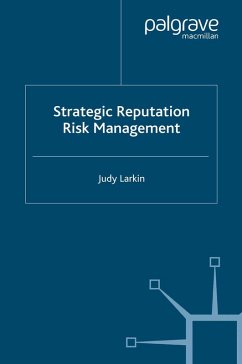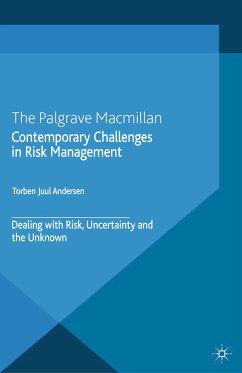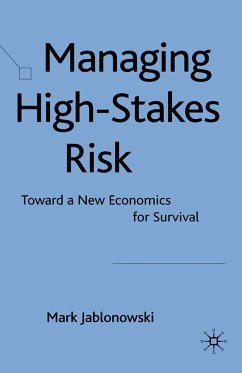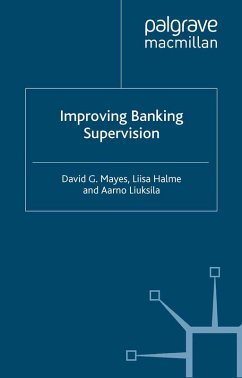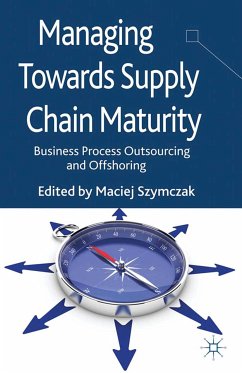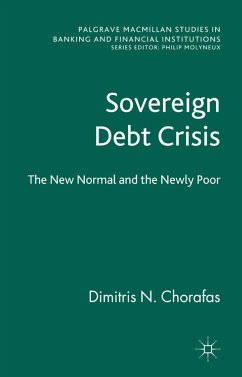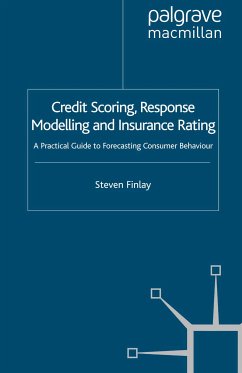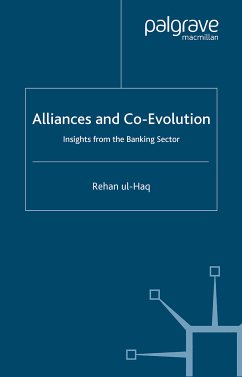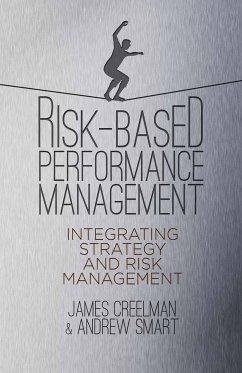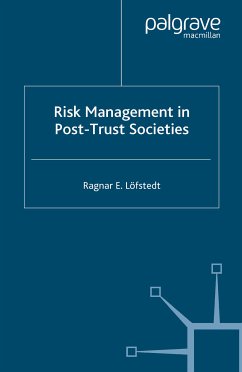
Risk Management in Post-Trust Societies (eBook, PDF)
Versandkostenfrei!
Sofort per Download lieferbar
72,95 €
inkl. MwSt.
Weitere Ausgaben:

PAYBACK Punkte
36 °P sammeln!
Risk communication helps companies, governments and institutions minimise disputes, resolve issues and anticipate problems before they result in an irreversible breakdown in communications. Without good risk communication and good risk management, policy makers have no roadmap to guide them through unforeseen problems, which frequently derails the best policies and results in a breakdown in communications and a loss of trust on behalf of those they are trying hardest to persuade. Most policy makers still use outdated methods - developed at a time before health scares like BSE, genetically modi...
Risk communication helps companies, governments and institutions minimise disputes, resolve issues and anticipate problems before they result in an irreversible breakdown in communications. Without good risk communication and good risk management, policy makers have no roadmap to guide them through unforeseen problems, which frequently derails the best policies and results in a breakdown in communications and a loss of trust on behalf of those they are trying hardest to persuade. Most policy makers still use outdated methods - developed at a time before health scares like BSE, genetically modified organisms and dioxin in Belgian chicken feed eroded public confidence in industry and government - to communicate policies and achieve their objectives. Good risk communication is still possible, however. In this book, through the use of a host of case studies from four countries, the author identifies a series of methods that are set to work in a post trust society.
Dieser Download kann aus rechtlichen Gründen nur mit Rechnungsadresse in A, B, BG, CY, CZ, D, DK, EW, E, FIN, F, GR, HR, H, IRL, I, LT, L, LR, M, NL, PL, P, R, S, SLO, SK ausgeliefert werden.



